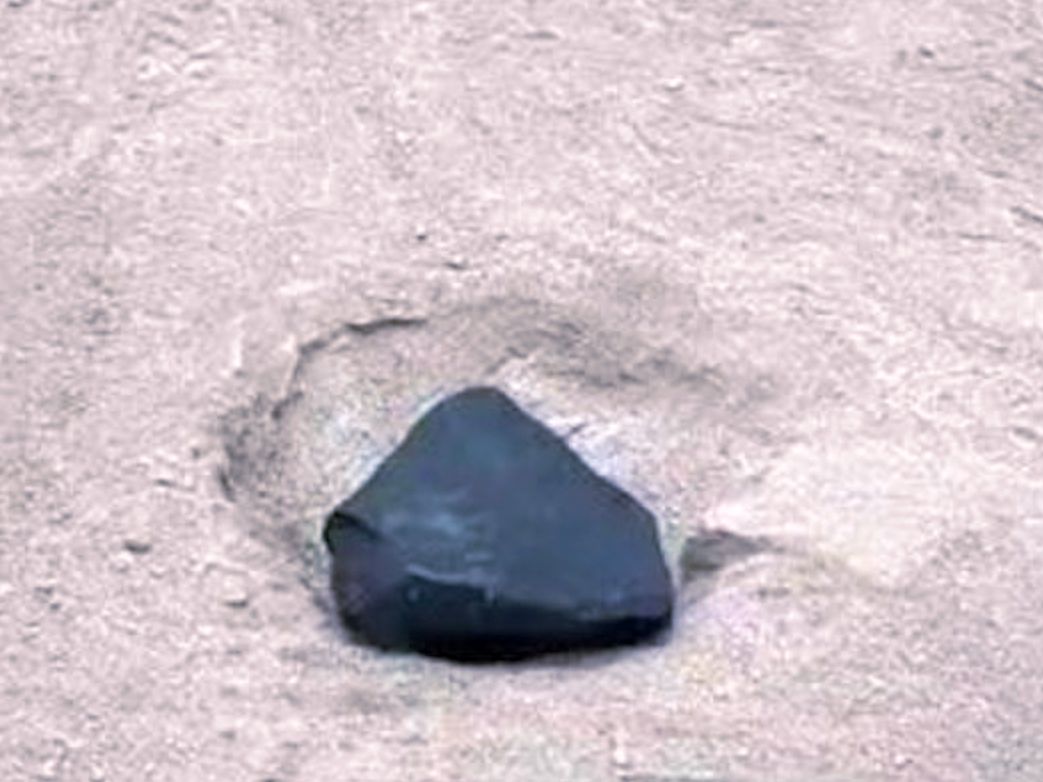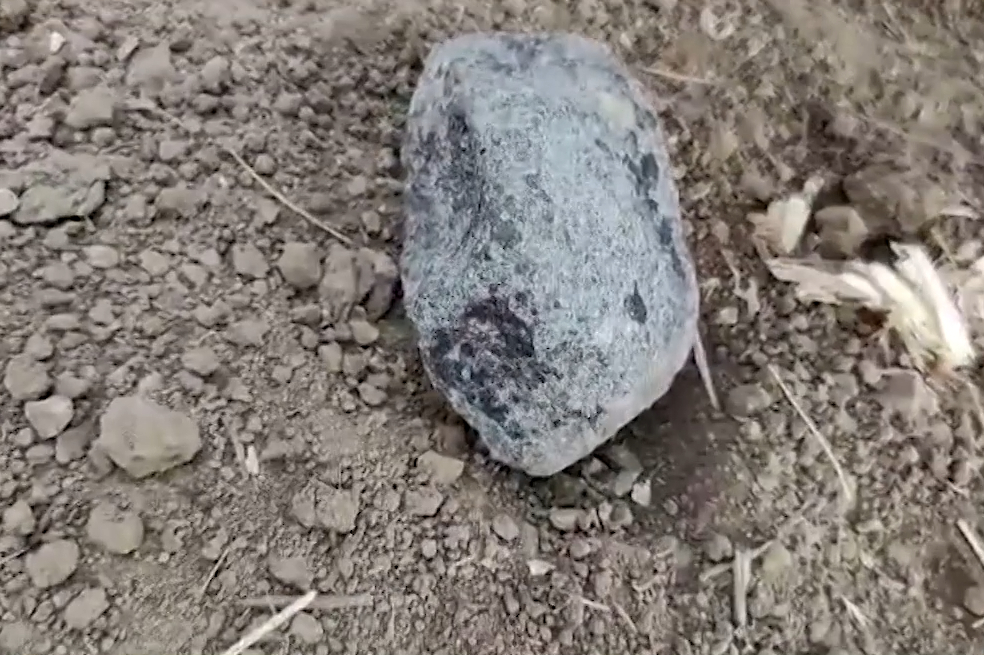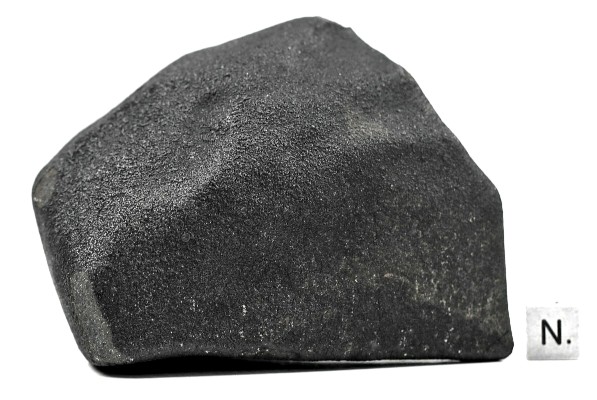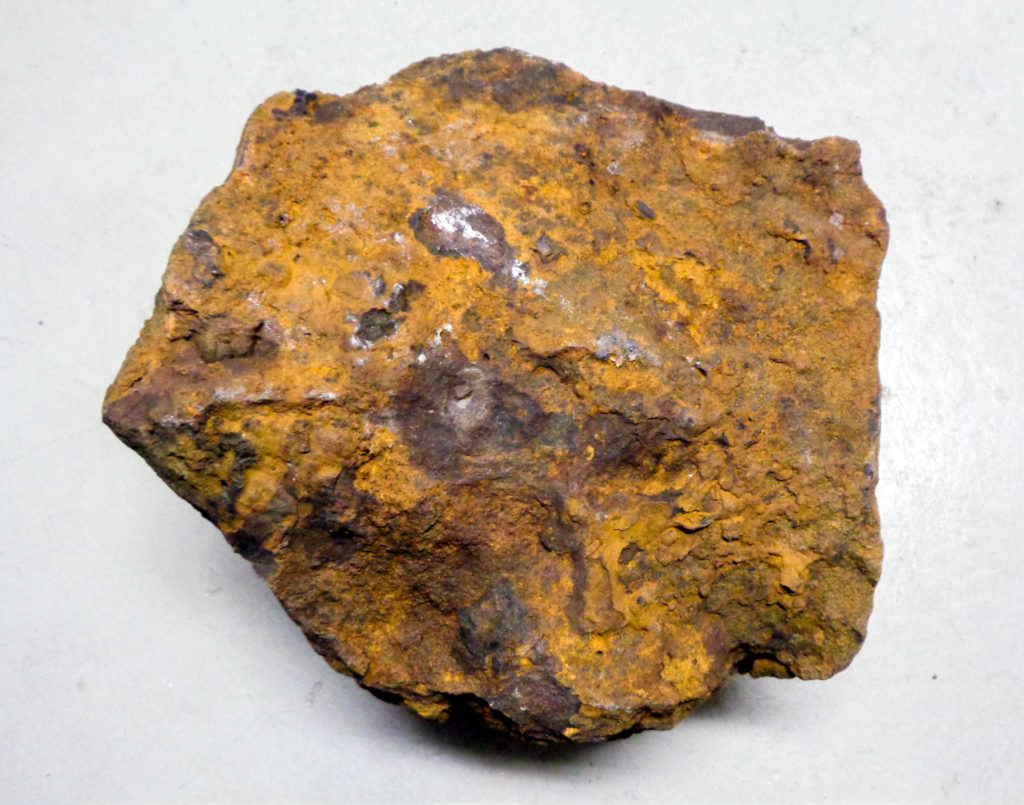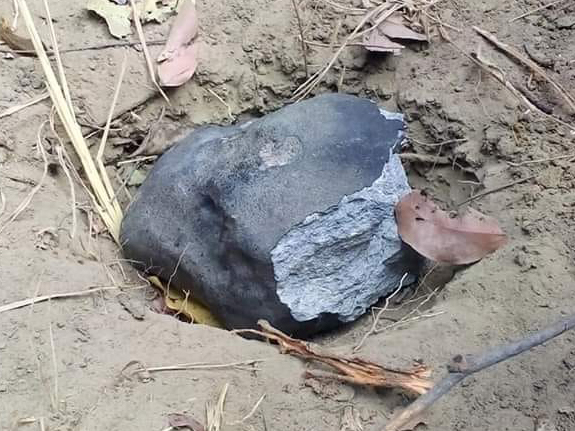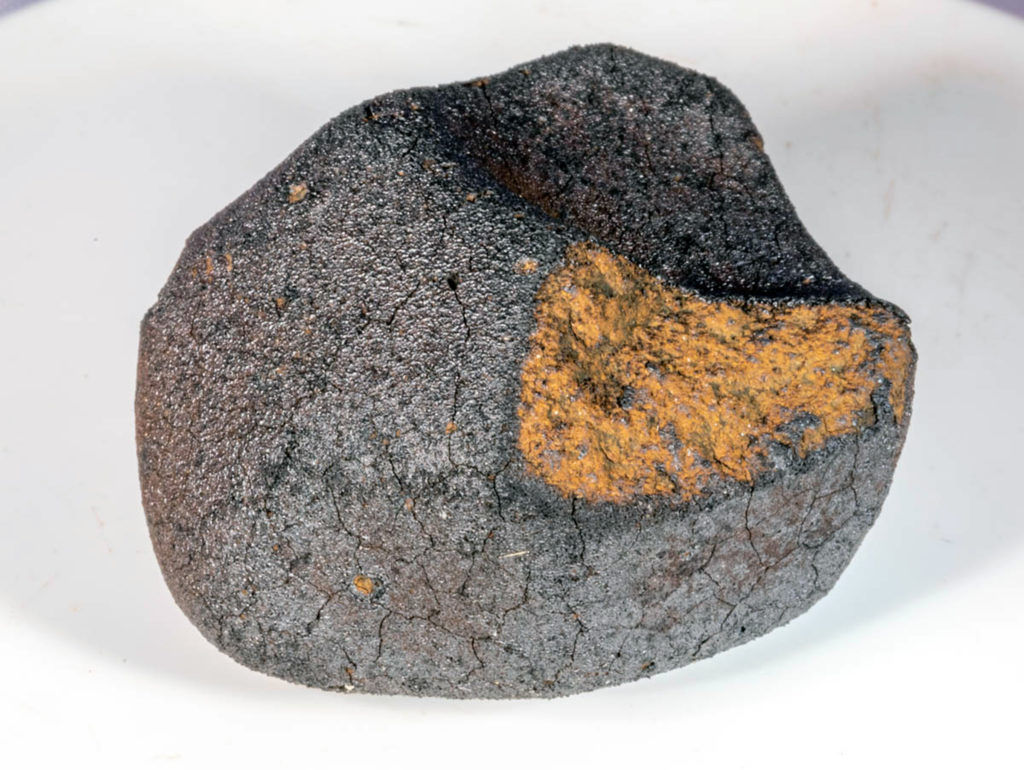Mission to Psyche: Including Undergraduates and the Public on the Journey to a Metal WorldOPEN ACCESS
Catherine D. D. Bowman, Linda T. Elkins-Tanton, Adriana Talamante, James F. Bell III, Ernest Cisneros, Alexandra Cook, Jason D. Frieman, Danya Gainor, Jamie Hunziker, Shaheer Khan, Christopher R. Lawler, Jessica Maschino, Timothy J. McCoy, Kaxandra Nessi, Rona Oran, David Seal, Amber Simon, Rohit Singh, Carol M. Tolbert, Karin Valentine, Benjamin Weiss, Daniel D. Wenkert & David A. Williams
Space Science Reviews, Volume 219, Article number: 25
LINK (OPEN ACCESS)
PDF (OPEN ACCESS)
“The NASA Psyche mission’s program to engage university undergraduates and the public in the mission is inspired by and built upon the extensive foundation of public engagement, educational outreach activities, and expertise of NASA and mission partner institutions. The program leverages the enthusiasm and contributions of undergraduates nationwide to the benefit of the mission, the students and their institutions and communities, and the broader public. Psyche Student Collaborations consists of four main programs, two (Psyche Capstone and Psyche Inspired) are available solely to undergraduates enrolled at universities or community colleges in the United States and its territories and two (Innovation Toolkit free online courses and Science Outreach Interns and Docents) invite broader participation by engaging the talents and creativity of undergraduate interns to help create content and events to reach the public and lifelong learners. Together, these offerings provide multiple entry points and a spectrum of intensity of experiences, numbers of participants, disciplinary diversity, and mode of delivery. Involving undergraduates in all phases of the program supports the development of the next generation of explorers, contributes to the nation’s workforce preparation, and complements NASA’s existing undergraduate offerings by providing long-term opportunities for students to participate with the mission through established postsecondary education structures like capstone courses.”

